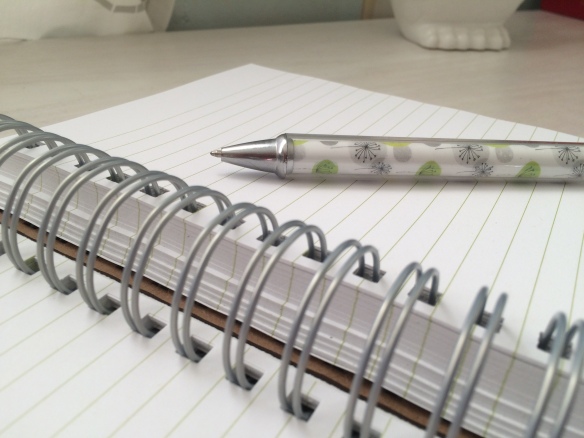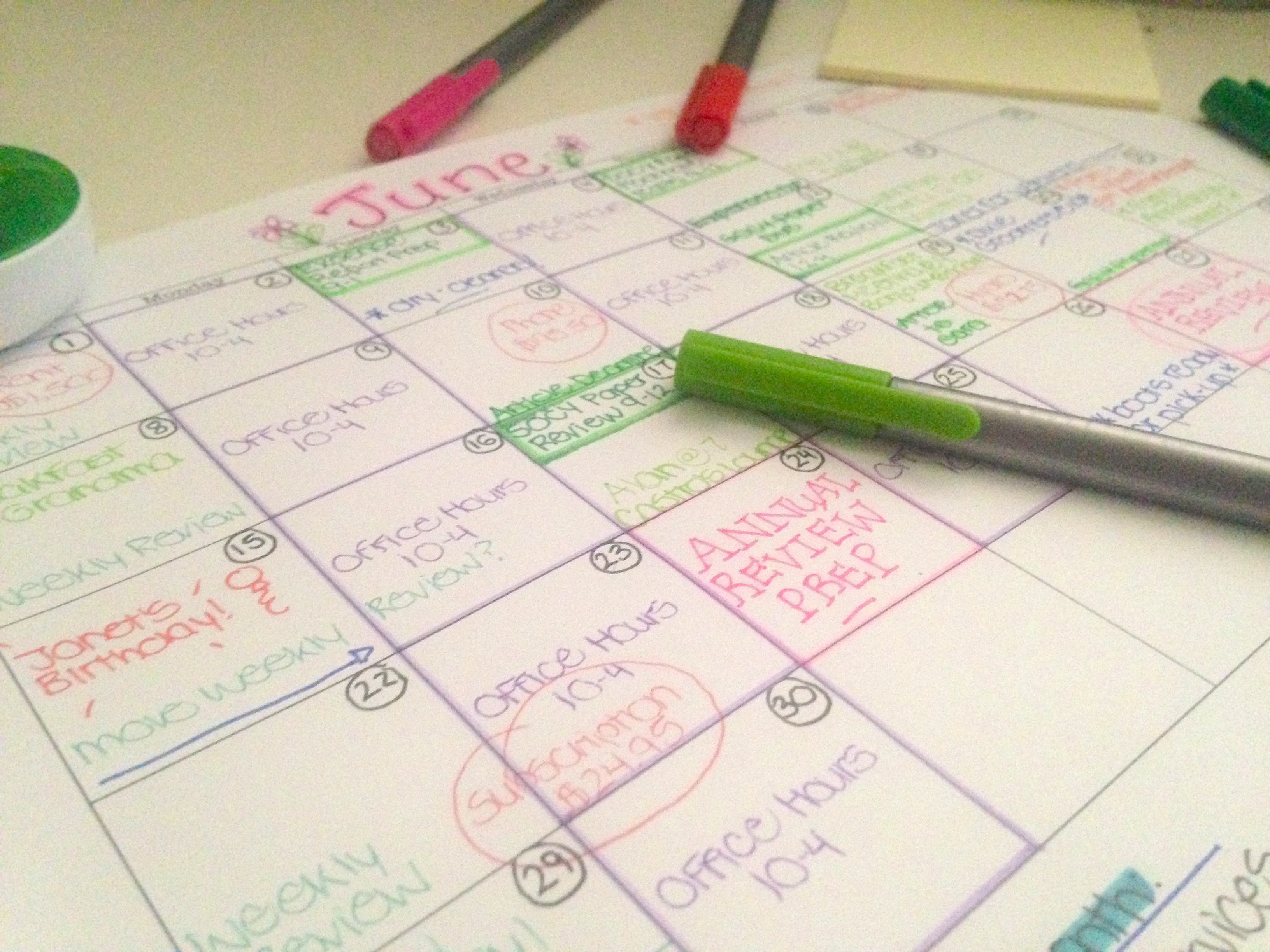
A little while back I wrote a piece for my blog about embracing your procrastination habit. Then I wrote a little bit about the reasons why we get into this habit in the first place.
I happen to think you’re halfway there to solving a problem if you can acknowledge that you have one, and the reasons why you do. The other half, of course, is figuring out a solution.
Changing the way we do our work and the environment in which we do it are both helpful ways to combat procrastination because they force us to examine the external realities in our lives and the ways in which they affect our productivity. Learning how to design our workflow to fit our schedules, eliminating distractions and interruptions and breaking down projects into smaller pieces can help to control these outside factors so they’re not controlling us.
But what about those moments where it’s just you: alone in a room at a desk, completely organized and distraction-free, trying to figure out how a whole hour went by and the page before you is still blank?
What if the real problem is you?
Look, some people thrive under pressure and that’s great. Maybe you’re under a lot of pressure too. It’s normal and (in some cases) necessary. But at the root of that pressure is the underlying feeling of fear. Maybe you’re not capable of getting the project done on time. Maybe you’re not capable of completing the project. Maybe you’re not capable of anything at all.
(You are, by the way. You’re awesome)
The fear, unfortunately, might always be there. We’re conditioned from an age to want to meet other people’s expectations, and the expectations we have of ourselves. But there are ways of tricking it so it no longer prevents us from getting things done.
For example, if you just can’t seem to get started on a project you may want to try hammering out a fast and sloppy version, just to get something down on paper. Give yourself a time limit and you’ll be surprised to see how fast the time actually goes.
Giving yourself time limits on difficult tasks as well can help you from feeling overwhelmed by a project’s breadth or scope. Or you may want to try things a little backwards and select a smaller, or easier project-related task to get the ball going.
If you’re procrastinating on finishing a project that’s particularly long and arduous it’s a good idea to give yourself some breathing space to focus on why you’re really working on that project in the first place. It’s easy to feel like the end is nowhere in sight, but reminding yourself of your past successes can give you the confidence you need to complete the task at hand.
And combating procrastination is a task and a half!

I procrastinated on writing this post so don’t make the same mistake that I did when commenting below or writing me at keepingbusyb@gmail.com. I always love to hear from you, and I’d love to hear more about what’s helped you with your procrastination habit.
If you like what you read, I’m serving up two other pieces of the procrastination pie here and here. Want more ways to get your workflow organized? Feast your eyes on these posts here and here.









 Guess who procrastinated on her spring cleaning this year? This lady.
Guess who procrastinated on her spring cleaning this year? This lady.